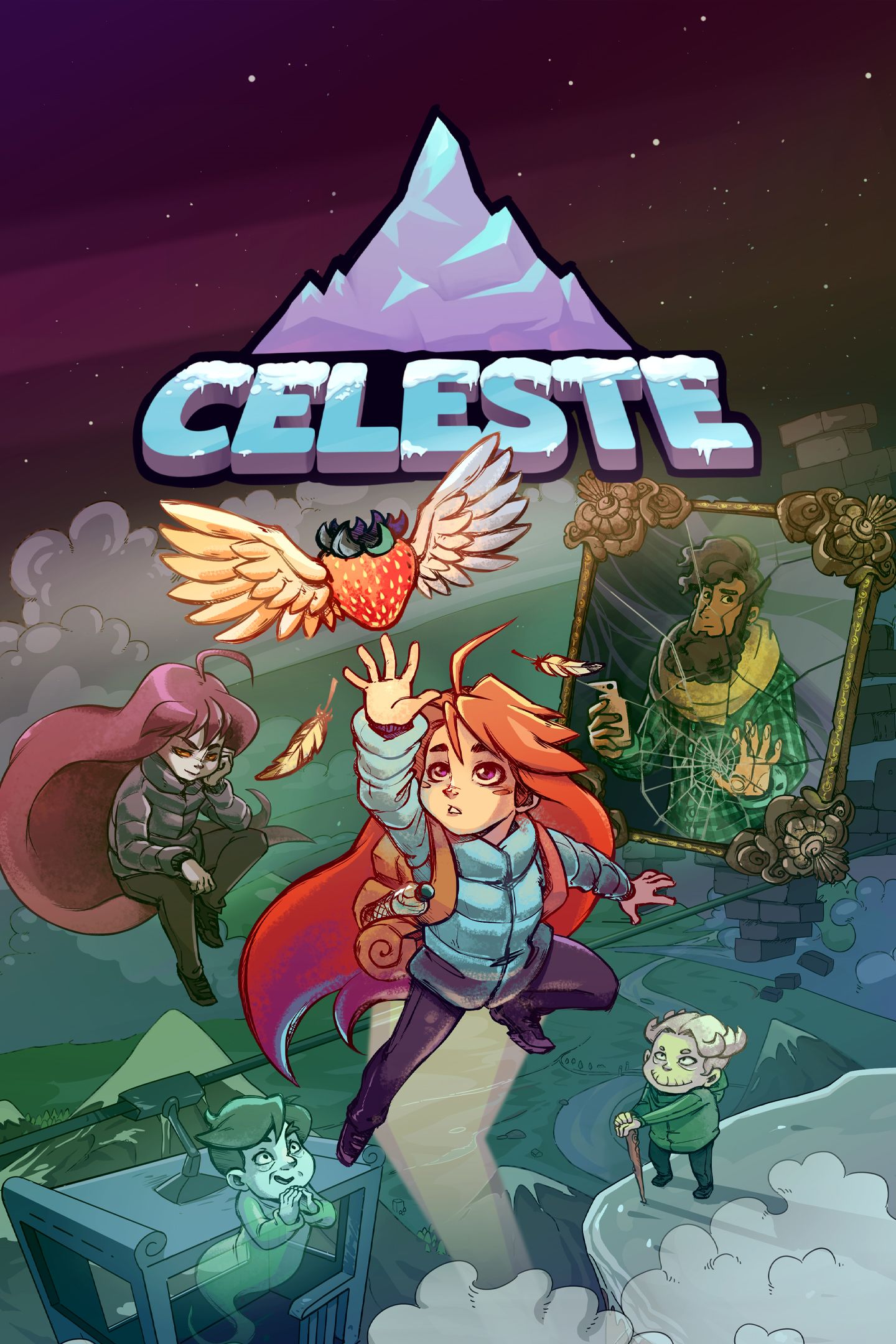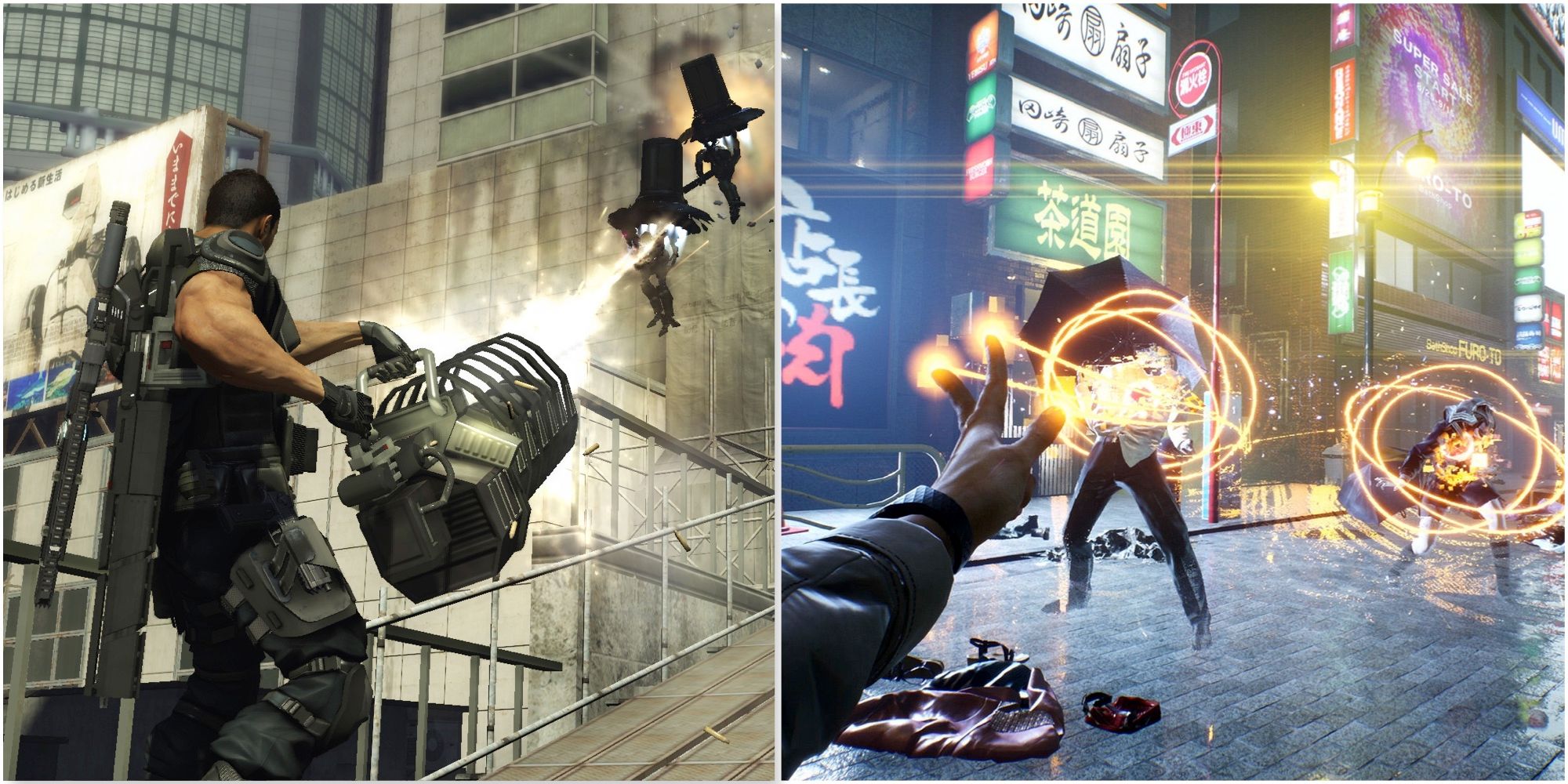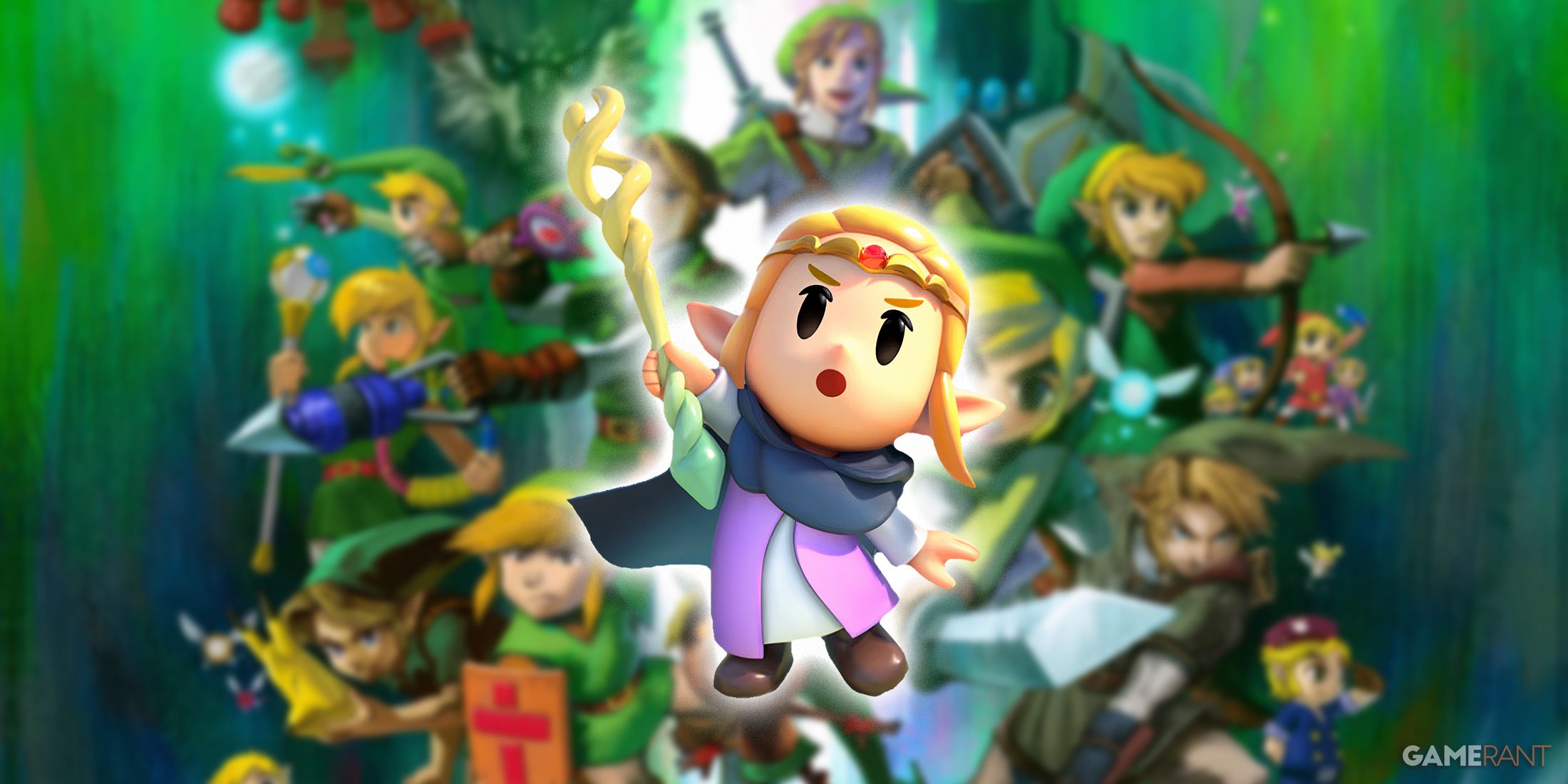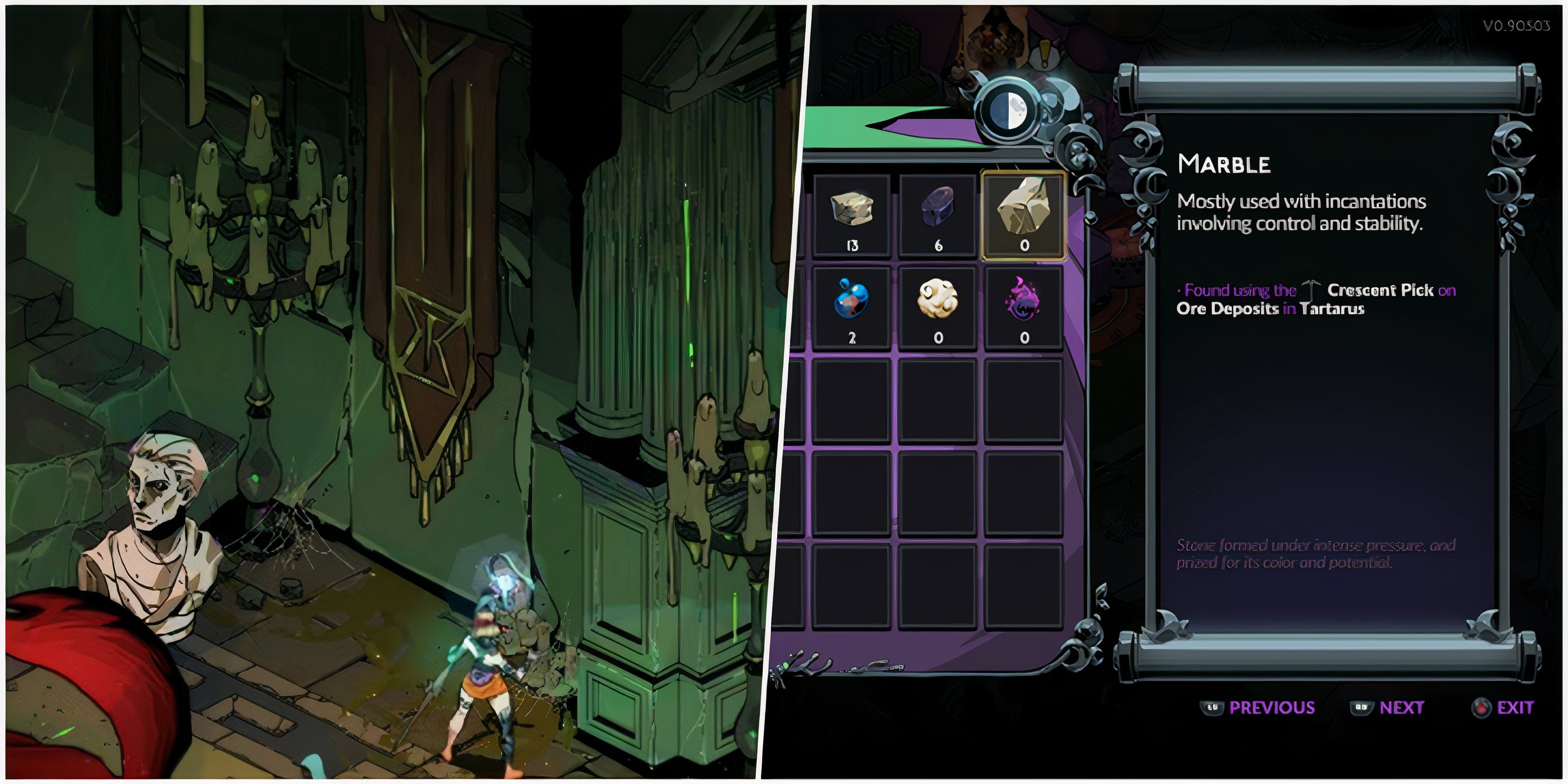Highlights
- Cairn takes a grounded approach to platforming, focusing on realistic movement and challenges over flashy maneuvers like in Celeste.
- The game aims to depict the gritty struggle of mountain climbing, emphasizing balance, posture, and planning over speed and skill.
- With a focus on psychological and physical struggle, Cairn may offer a unique and rewarding experience in the climbing simulation space.
Cairn, the next project from Furi and Haven developer The Game Bakers, was among the more interesting indie games revealed during this year’s Summer Games Fest. The game looks to be following in the toeholds of Jusant, aiming to provide players with an experience more akin to a rock-climbing simulation than a fast-paced, twitchy platforming experience like Celeste, another indie darling built around climbing a mountain.
In addition to its charming, retro style and quasi-supernatural plot elements, Celeste takes a stylized approach with its design. Climbing feels good, fast, and natural; it’s easy to scale cliff faces, players can control their character in mid-air, and various dashes, power-ups, and environmental tools all combine for a challenging platforming experience that is tactile and intuitive. This is what makes Celeste such an interesting point of comparison for Cairn, as the latter seems to revel in the gritty, unromantic reality of such a Herculean task.
Related
South of Midnight’s Greatest Strength is Clear
With its southern inspiration permeating the whole experience, South of Midnight’s greatest strength isn’t hard to identify.
Cairn’s Reveal Trailer Highlights Its Distinct Approach to Grounded Platforming
Cairn Looks To Be About Psychological and Physical Struggle
In some ways, Cairn is similar to Death Stranding, weaving slow, traversal-based gameplay into a realistic, grounded setting. It’s clear from Cairn‘s reveal trailer that it won’t be about high-speed maneuvers or dazzling feats of athleticism. Rather, it seems to hone in on the unkind and frustrating aspects of extreme endurance sports.
Cairn ostensibly strives to provide a complete sense of movement—not just the most immediately satisfying and crunchy parts of it. Balance, posture, and forethought will all clearly play important parts in a player’s success, and the game could be more rewarding in the long term than in the short term, which will likely focus on methodical movement. Returning to the Death Stranding comparison, Cairn seems to be presenting a similar level of friction between the player and the game world, encouraging careful gameplay and planning more than split-second reactions or button skill.
Cairn
‘s player-character trembles with effort and cries out in frustration in the reveal trailer, further signaling the game’s focus on the not-so-pretty parts of mountain-climbing.
Cairn Could Be Something Special In the Emerging Climbing-Sim Space
As previously mentioned, Cairn may be part of an emerging climbing sub-genre, as Jusant made a disproportionately large splash when it released last year, and mountain-climbing roguelite Insurmountable saw a fair bit of success when it released in 2021 as well. It’s hard to pin down exactly why developers are gravitating toward this subject matter, but it may be a response to climbing’s ubiquity in gaming: from Assassin’s Creed to Uncharted, climbing is a gaming staple, but rarely does it have much depth or complexity. Most games’ climbing mechanics boil down to pushing forward on the analog stick or “W” button, with negligible or nonexistent consequences for making a wrong decision. Perhaps studios like The Game Bakers saw this and realized that climbing has the potential to be the main course of a game, rather than a side dish.
Which brings the discussion back to Celeste. Although Celeste isn’t realistic, it’s still rather challenging, and this level of difficulty reflects the protagonist’s own psychological struggle. The game fosters a connection between the player and the protagonist through gameplay, which is what makes it such an emotional experience. It doesn’t need photorealistic graphics, physics, or gameplay to be moving and effective. Instead, it leverages demanding platforming to tell a powerful story.
Mountain climbing is rife with symbolic potential. The metaphor of “climbing a mountain” can be applied to virtually any major accomplishment or trial in life, so it’s no surprise that the activity sits at the heart of so many stories, both real and fictional. Cairn‘s gameplay, though remarkably different from Celeste‘s, could very well capitalize on the symbolic power of mountain climbing in a similar way. Indeed, Cairn might be comparably realistic and slower paced, but it could have more in common with Celeste than one would assume.









